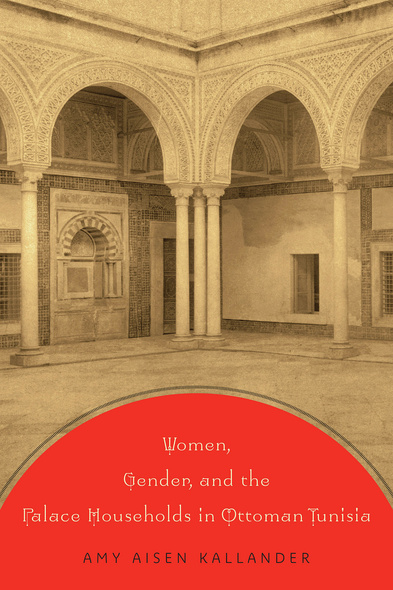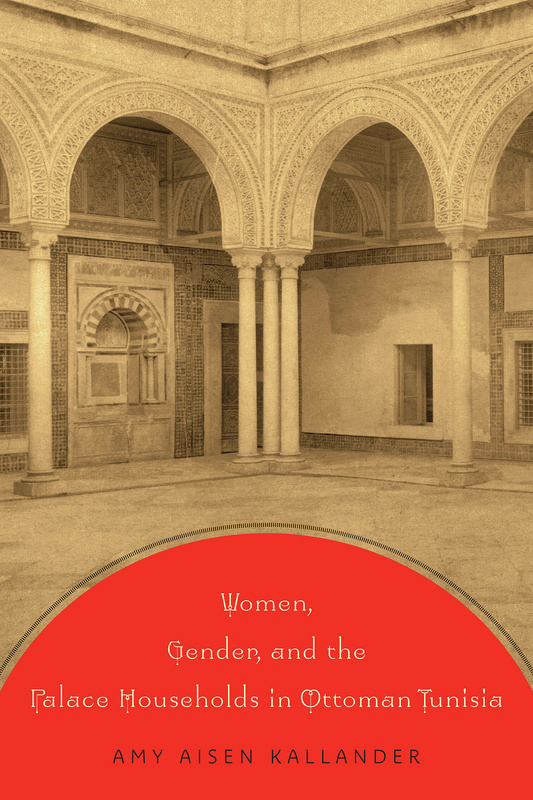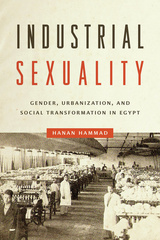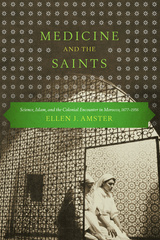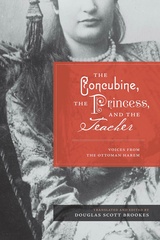Women, Gender, and the Palace Households in Ottoman Tunisia
In this first in-depth study of the ruling family of Tunisia in the eighteenth and nineteenth centuries, Kallander investigates the palace as a site of familial and political significance. Through extensive archival research, she elucidates the domestic economy of the palace as well as the changing relationship between the ruling family of Tunis and the government, thus revealing how the private space of the palace mirrored the public political space.
“Instead of viewing the period as merely a precursor to colonial occupation and the nation-state as emphasized in precolonial or nationalist histories, this narrative moves away from images of stagnation and dependency to insist upon dynamism,” Kallander explains. She delves deep into palace dynamics, comparing them to those of monarchies outside of the Ottoman Empire to find persuasive evidence of a global modernity. She demonstrates how upper-class Muslim women were active political players, exerting their power through displays of wealth such as consumerism and philanthropy. Ultimately, she creates a rich view of the Husaynid dynastic culture that will surprise many, and stimulate debate and further research among scholars of Ottoman Tunisia.
[Kallander] deftly demonstrates that females of the household fit closely and naturally into practices that cemented Husaynid legitimacy. In a word, women, their public work and family relationships were integral to the longevity of Husaynid government.
Amy Aisen Kallander is Assistant Professor of Middle East History and affiliated faculty with the Women’s and Gender Studies Department at Syracuse University.
- List of Illustrations
- Note on Transliteration
- Chronology
- Acknowledgments
- Part I. Family Foundations of Ottoman Rule
- Introduction. Families, Households, and Palace Women in Early Modern Court Culture
- Chapter 1. Family and the Politics of Marriage: The Early Ottoman Era in Tunis (1574–1756)
- Part II. Family and Provincial Government, 1756–1840
- Chapter 2. The Prosperous Palace
- Chapter 3. Women's Worlds
- Chapter 4. Beyond Bardo
- Part III. Nineteenth century Transformations
- Chapter 5. The Constitution, Financial Reform, and the Modern Family
- Chapter 6. Inventing Dynastic Traditions: Family Politics of French Colonialism
- Conclusion
- Appendix 1. Genealogies
- Appendix 2. Annual Expense Registers of the Palace Treasury
- Appendix 3. Income and Expenditures of the Bey
- Notes
- Glossary
- Bibliography
- Index

